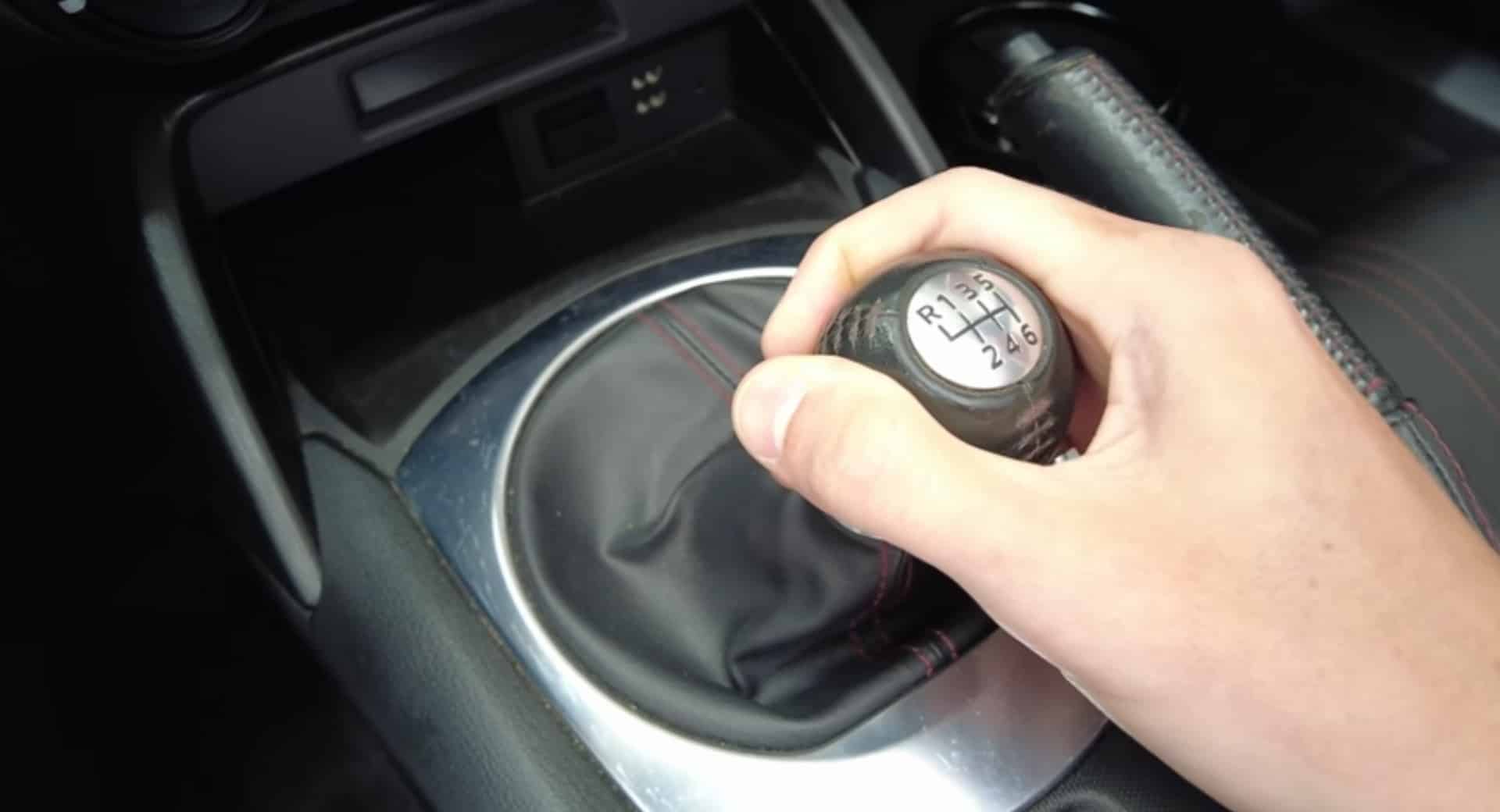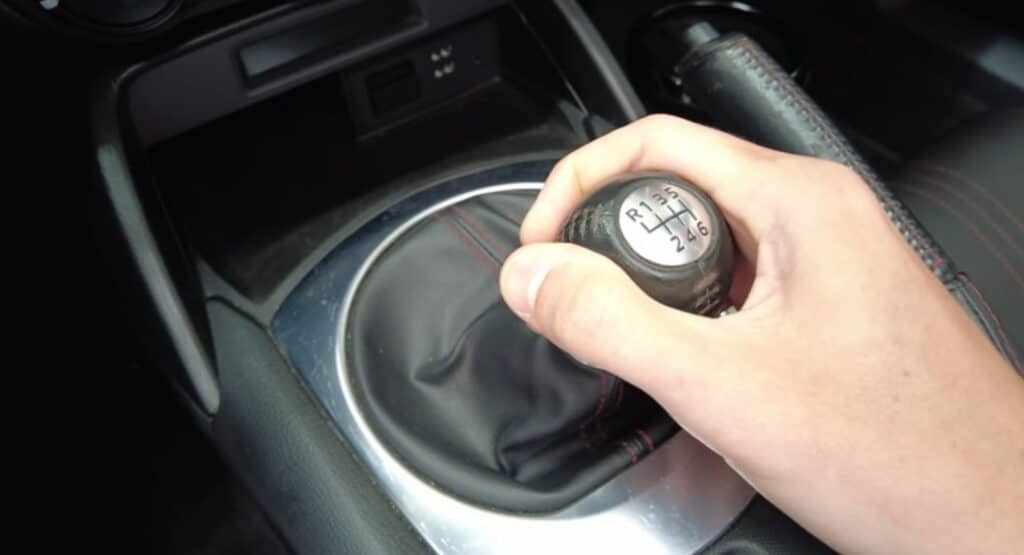What is money shifting? If you’ve ever wondered about how money moves around and why it’s important, you’re in the right place! Money shifting is a fascinating concept that affects everyone’s lives. So, let’s dive in and uncover the mysteries of money shifting together!
You might be asking, “Why should I care about money shifting?” Well, understanding how money moves from one place to another can help you make smarter financial decisions. By knowing the ins and outs of money shifting, you’ll be better equipped to manage your own finances and even spot potential scams.
But wait, there’s more to money shifting than just moving money around. It’s all about how it flows through society, the economy, and even around the world! So, buckle up and get ready for an exciting journey as we explore the captivating world of money shifting. Let’s discover what it’s all about and why it matters to you!

What Is Money Shifting?
Money shifting, also known as money transfer or fund transfer, is the process of moving funds from one account to another. It can involve various methods such as electronic transfers, wire transfers, checks, and online payment platforms. Money shifting plays a crucial role in personal and business finance, enabling individuals and organizations to send and receive funds securely and conveniently. In this article, we will delve into the details of money shifting, its benefits, and how it is used in different contexts.
Understanding the Basics of Money Shifting
Money shifting is a fundamental aspect of modern financial systems, allowing individuals and businesses to manage their funds efficiently. Whether it’s paying bills, making online purchases, or transferring money to friends or family, money shifting makes transactions seamless and hassle-free. The process typically involves debiting the sender’s account and crediting the recipient’s account with the corresponding amount.
Money shifting can occur within the same financial institution or between different institutions, both domestically and internationally. Traditionally, people relied on physical currency or checks to transfer money, but with advancements in technology, digital methods have gained popularity. Electronic transfers, such as Automated Clearing House (ACH) payments, allow for quick and secure movement of funds by electronically debiting and crediting accounts. Additionally, online payment platforms and mobile banking apps have revolutionized money shifting, making it more accessible and convenient than ever before.
It’s important to note that money shifting transactions often involve fees, especially when moving funds across different financial institutions or countries. These fees vary depending on factors such as the amount being transferred, the method used, and the speed of transfer. It’s essential to compare fees and choose the most cost-effective option when conducting money shifting transactions.
The Benefits of Money Shifting
Money shifting offers several benefits that contribute to the efficiency and convenience of financial transactions:
- Speed: Money shifting allows for near-instantaneous transfer of funds, especially when using digital platforms. This eliminates the need for physical transportation of cash or waiting for checks to clear, resulting in quicker access to funds.
- Convenience: With money shifting, individuals and businesses can make transactions from the comfort of their homes or offices. Online banking and payment platforms provide 24/7 accessibility, reducing the need to visit physical bank branches or handle paper-based transactions.
- Security: Money shifting methods incorporate robust security measures to protect against fraud and unauthorized access. Encryption, multi-factor authentication, and transaction monitoring help safeguard funds and personal information during the transfer process.
- Accuracy: Digital money shifting platforms minimize the risk of human error associated with manual calculations or recording of transactions. Automated systems ensure accurate transfer of funds, reducing the likelihood of mistakes.
- Recordkeeping: Money shifting transactions generate digital records that serve as a useful reference for financial management. Accessible transaction histories and digital receipts assist in tracking expenses, budgeting, and auditing purposes.
Overall, money shifting empowers individuals and businesses by providing a secure, fast, and efficient way to manage their finances and conduct transactions. It has significantly simplified financial interactions by eliminating geographical barriers and reducing the reliance on traditional banking methods.
The Importance of Money Shifting for Personal Finances
Money shifting plays a vital role in personal finances, enabling individuals to manage their day-to-day expenses, pay bills, and make online purchases. Here are some key areas where money shifting is essential:
Banking and Financial Transactions
Money shifting is integral to basic banking transactions, such as depositing paychecks, withdrawing cash, and paying bills. People regularly shift money between their checking and savings accounts to allocate funds for different purposes, such as long-term savings, emergency funds, or daily expenses. Online banking platforms and mobile apps provide a convenient way to execute these transactions with just a few clicks.
In addition to routine banking, money shifting is crucial for managing credit cards and loans. Individuals can transfer funds from their checking accounts to credit card accounts to pay off outstanding balances or make loan repayments. This ensures timely payments, helps maintain a good credit score, and avoids accruing high-interest charges.
Online Shopping and E-commerce
The rise of e-commerce has enhanced the importance of money shifting in personal finance. People now have the convenience of shopping online and paying for purchases electronically. Money shifting platforms, such as PayPal and digital wallets, act as intermediaries between buyers and sellers, facilitating secure and smooth transactions.
By linking their bank accounts or credit cards to these platforms, individuals can seamlessly transfer funds to complete purchases. This eliminates the need to share sensitive payment information with multiple online retailers, reducing the risk of compromised financial data.
Peer-to-Peer Payments
Money shifting also enables individuals to transfer money to friends, family, or acquaintances. Peer-to-peer payment apps like Venmo and Zelle have gained popularity, offering a convenient way to split bills, share expenses, or send monetary gifts. These platforms link users’ bank accounts or credit cards, allowing for instant transfers and eliminating the need for physical cash exchanges.
Whether it’s paying back a friend for dinner or contributing to a group gift, peer-to-peer money shifting simplifies these transactions and promotes financial transparency among individuals.
The Role of Money Shifting in Business Finance
Money shifting is equally critical for businesses, regardless of their size or industry. It ensures the smooth flow of funds for operational expenses, payroll, investments, and growth opportunities. Here are some key areas where money shifting is essential for businesses:
Payroll Management
Money shifting is essential for paying employees and managing payroll. Businesses typically transfer funds from their bank accounts to their employees’ accounts on a regular basis, ensuring timely and accurate compensation. With electronic payroll systems, companies can streamline this process, reducing administrative burdens and minimizing the chances of errors.
Money shifting for payroll also extends to tax withholding and remittance. Employers deduct taxes from employees’ wages and shift the funds to tax authorities, ensuring compliance with legal obligations. Electronic filing and transfer systems simplify this process and reduce the risk of non-compliance.
Supplier Payments and Accounts Payable
Efficient money shifting is crucial for managing accounts payable, which includes payments to suppliers, vendors, and service providers. Businesses need to ensure timely payments to maintain healthy relationships and avoid disruptions in the supply chain. Money shifting platforms and electronic transfer systems enable businesses to process these payments quickly, track expenses, and establish favorable credit terms with suppliers.
Moreover, money shifting plays a role in managing cash flow and optimizing working capital. By strategically timing supplier payments, businesses can hold onto their funds longer, utilizing the float to invest or meet other financial obligations.
Investments and Financing
Money shifting is essential for businesses when investing in new ventures, acquiring assets, or seeking financing options. Capital expenditures, such as purchasing equipment or expanding infrastructure, often require significant funds. Money shifting allows companies to transfer money from their reserve accounts, secure loans, or seek alternative financing options to facilitate these investments.
Similarly, businesses may receive funding through external sources, such as venture capital or loans. Money shifting ensures the seamless transfer of funds from the external source to the business’s bank account, enabling efficient utilization of the invested capital.
In conclusion, money shifting is a fundamental aspect of personal and business finances. It facilitates the movement of funds between accounts, enabling seamless transactions, online purchases, payment of bills, and payroll management. With the advent of technology, money shifting has become more accessible and secure, thanks to online banking platforms, digital wallets, and peer-to-peer payment apps. Whether for individuals or businesses, money shifting plays a pivotal role in managing financial resources and ensuring the smooth flow of funds.
Key Takeaways: What Is Money Shifting?
- Money shifting is when people move their funds from one place to another.
- It can involve transferring money between bank accounts or investment accounts.
- Money shifting can be legal and done for legitimate reasons, like managing finances.
- However, it can also be used for illegal purposes, such as money laundering or tax evasion.
- It is important to understand the laws and regulations surrounding money shifting to stay within the boundaries of the law.
Frequently Asked Questions
In the realm of personal finance, money shifting refers to the practice of moving funds from one category to another within a budget or financial plan. It involves reallocating money from discretionary expenses to savings or investments, or shifting funds from one bill to another to manage cash flow. Money shifting can be a valuable tool for managing finances and reaching financial goals.
Q: How can money shifting help me with my finances?
A: Money shifting can be a useful strategy for improving your financial situation. By consciously reallocating funds, you can prioritize savings and investments, which can lead to long-term financial stability. For example, you could cut back on discretionary expenses like eating out or entertainment and redirect that money towards an emergency fund or a retirement account. Money shifting can also help you manage cash flow and ensure that your bills are paid on time by adjusting due dates or shifting funds from one bill to another.
Q: Are there any risks involved with money shifting?
A: While money shifting can be a helpful financial tool, it’s important to exercise caution and fully understand the potential risks. One risk is that you may inadvertently overspend in one area and not have enough funds left for another important expense. It’s crucial to carefully track your spending and budget to ensure that you don’t create financial imbalances. Another risk is that money shifting may become a habit that prevents you from addressing underlying financial issues. It’s essential to use money shifting as a temporary solution while working towards long-term financial stability.
Q: How do I start implementing money shifting into my budget?
A: To start using money shifting in your budget, first, take a close look at your current spending habits and financial goals. Identify areas where you could cut back on expenses or reallocate funds to other financial priorities. Create a budget that reflects these changes and outlines how much you will shift from one category to another. It’s important to monitor your progress regularly and make adjustments as needed to ensure that your financial plan remains on track.
Q: Can money shifting be applied to both personal and business finances?
A: Yes, money shifting can be applied to both personal and business finances. In personal finance, money shifting can help individuals save money, pay off debt, or invest in their future. In business finance, money shifting is often used to manage cash flow, allocate funds to different departments or projects, or adjust budgets based on changing needs. However, it’s important to keep personal and business finances separate and to use money shifting strategies that align with your specific objectives and financial circumstances.
Q: Are there any tools or resources available to help with money shifting?
A: Yes, there are several tools and resources available to assist with money shifting. Personal finance apps and budgeting software can help you track your income and expenses, identify areas for potential money shifting, and create a budget that reflects your financial goals. Additionally, financial education resources such as books, online courses, or consulting with a financial advisor can provide valuable insights and guidance on effective money shifting strategies tailored to your specific circumstances.
Money Shifting The 2023 Nissan Z – What Happens?!

Summary
Money shifting is when people move their money around to avoid paying taxes.
It can happen by hiding money in offshore bank accounts or using complex legal arrangements.
This is a problem because it means less money is available for important things like schools and hospitals.
We all have a responsibility to pay our fair share of taxes to support the community.
Governments are working to crack down on money shifting and ensure everyone pays their taxes.
It’s important to be aware of this issue and understand how it impacts our society.

